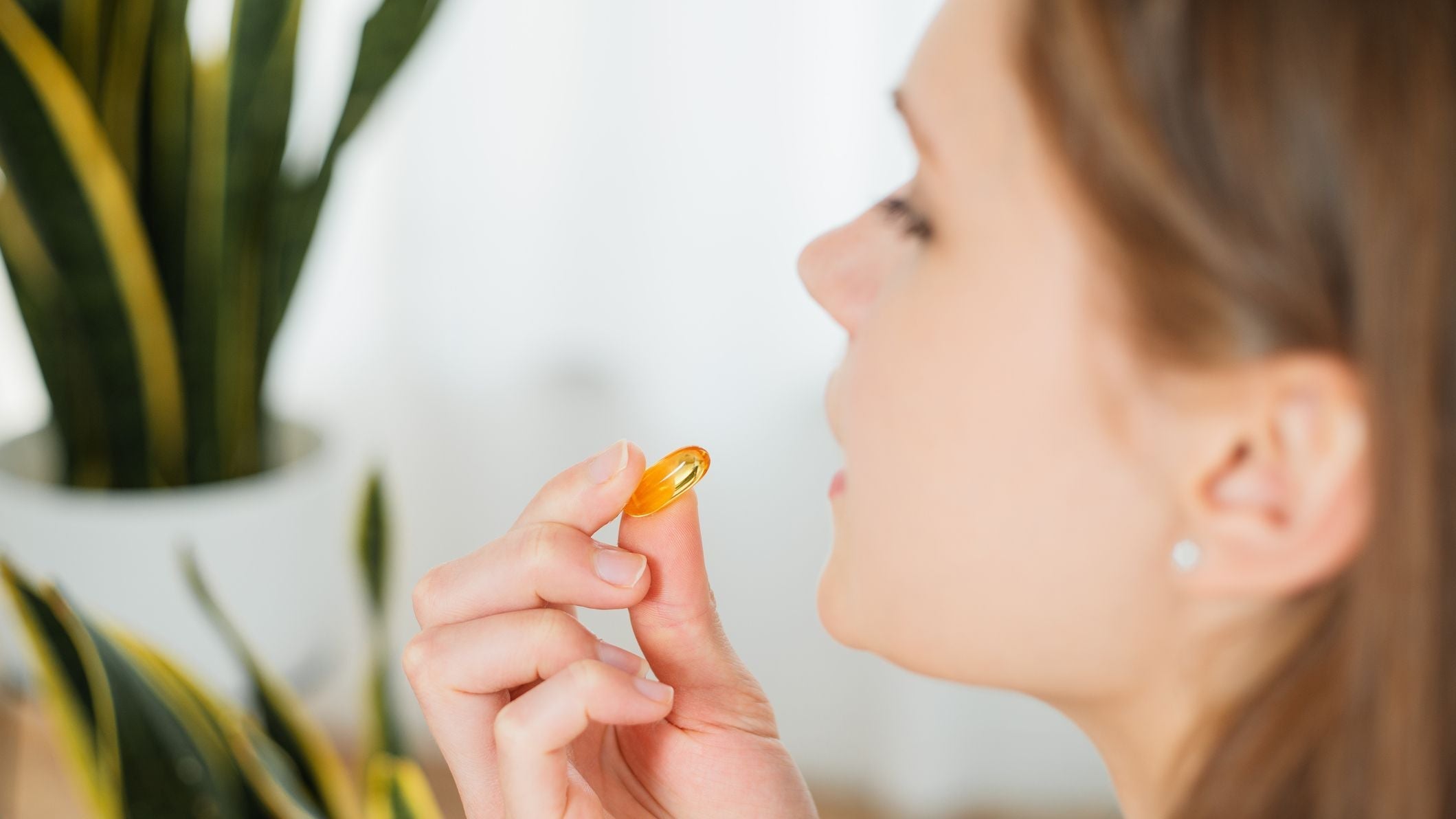when is the best time to take vitamin d?
Can I Take Vitamin D At Night?
In recent years, vitamin D has gained significant attention for its crucial role in supporting overall health, especially in maintaining strong bones and a healthy immune system. Often referred to as the "sunshine vitamin," it's primarily synthesized in the skin upon exposure to sunlight. However, due to various factors such as lifestyle, climate, and geographical
location, many people may not get adequate sunlight exposure, prompting the need for vitamin D supplementation. One common question that arises is about the best time to take vitamin D and whether it can be taken at night. Let's delve into these questions and explore how to properly incorporate vitamin D into your daily routine.

When is the best time to take vitamin d?
The timing of vitamin D supplementation can impact its absorption and effectiveness. While there isn't a strict rule, there are considerations to keep in mind:
- Morning vs. Evening: Some studies suggest that taking vitamin D in the morning may be beneficial for individuals who experience improved absorption with food. This is because fat-soluble vitamins like vitamin D are better absorbed in the presence of dietary fats.
- Consistency: The most critical aspect is consistency. Whether you choose morning or evening, sticking to a regular schedule helps maintain stable blood levels of vitamin D over time.
- Personal Preference: Ultimately, the best time to take vitamin D is when you're most likely to remember and consistently take it. If you have a routine in place for other supplements or medications, adding vitamin D to that routine can help ensure you don't forget.
Can i take vitamin d at night?

Yes, taking vitamin D at night is generally acceptable and can be effective. The body’s ability to absorb and utilize vitamin D isn't tied to a specific time of day. However, if you prefer taking it with your evening meal or before bed, there is no evidence to suggest it would be less effective than taking it in the morning.
-Avoiding Interference: Some people prefer taking supplements at night to avoid potential interference with other medications or supplements taken during the day.
- Sleep Quality: Taking vitamin D at night won't negatively affect sleep quality or digestion, so it's a matter of personal convenience and consistency.
how to take vitamin d properly?

To ensure you're getting the most out of your vitamin D supplementation, here are some tips:
-Dosage: Follow your healthcare provider’s recommendations for dosage. Vitamin D requirements can vary based on factors such as age, health status, and sun exposure.
-Formulation: Vitamin D supplements come in different forms, such as D2 (ergocalciferol) and D3 (cholecalciferol). D3 is generally preferred as it's more effective at raising blood levels of vitamin D.
-With Food: Taking vitamin D with a meal containing fats can enhance absorption. Consider taking it alongside breakfast, lunch, or dinner.
-Consistency: Incorporate vitamin D into your daily routine to ensure you take it regularly. This helps maintain steady blood levels for optimal health benefits.


In conclusion, vitamin D is a vital nutrient that supports numerous bodily functions, and supplementation is often necessary for many individuals. The best time to take vitamin D is a matter of personal preference and routine, whether in the morning or at night. Consistency in dosage and timing is key to reaping the benefits of this essential vitamin. Remember to consult with your healthcare provider to determine the right dosage and ensure it fits well with your overall health regimen. By following these guidelines, you can optimize your vitamin D intake and support your health effectively.




Share:
Is Enriched Wheat Flour Bad
Paraquat